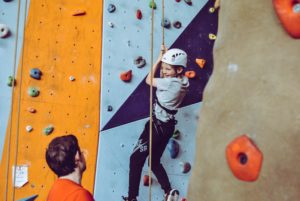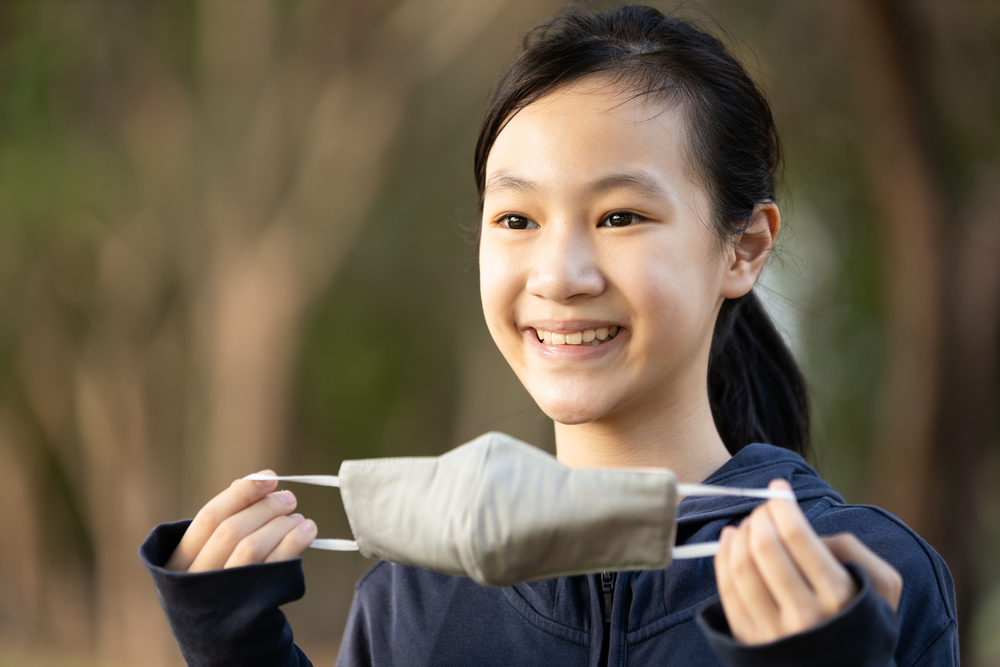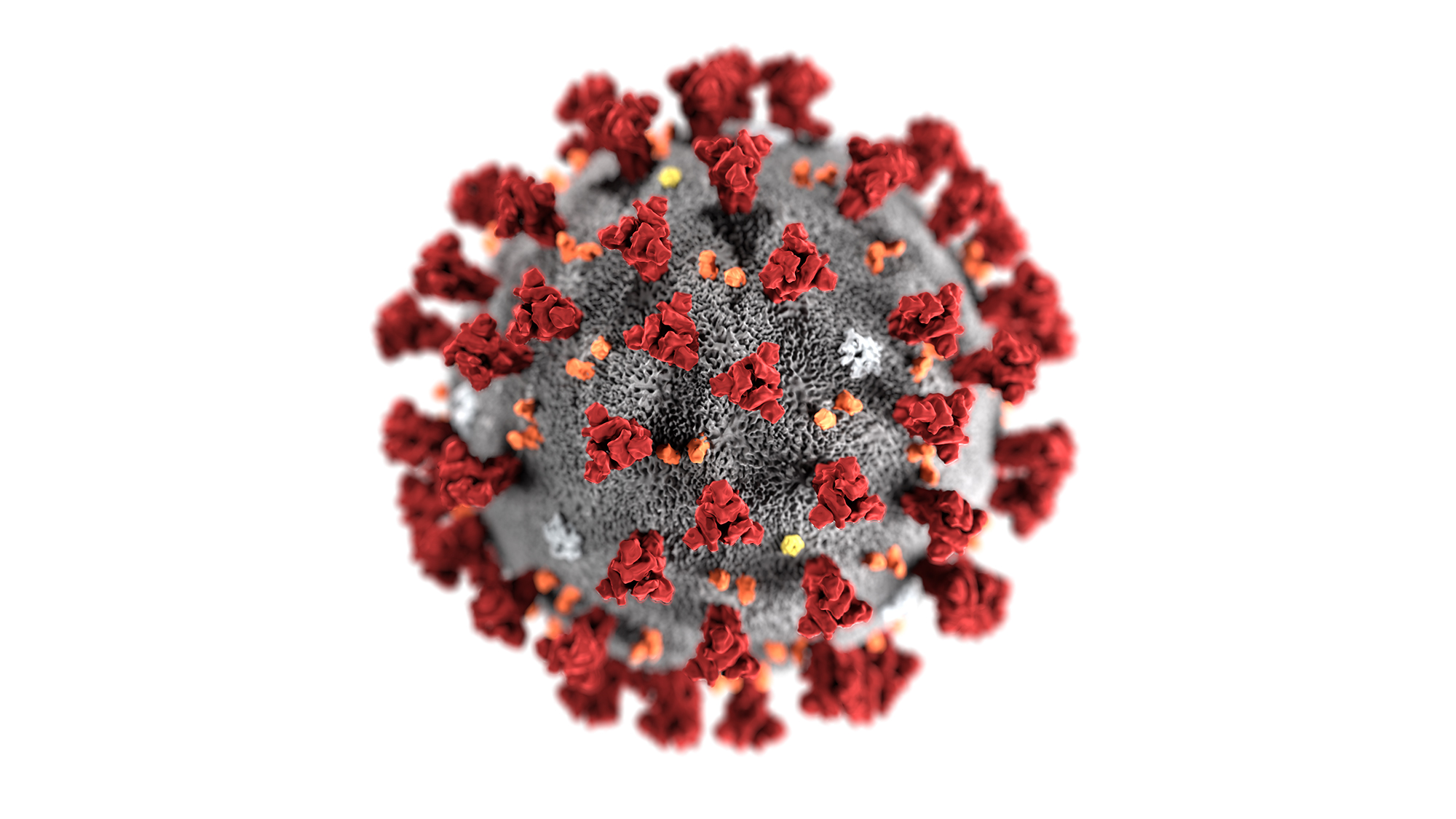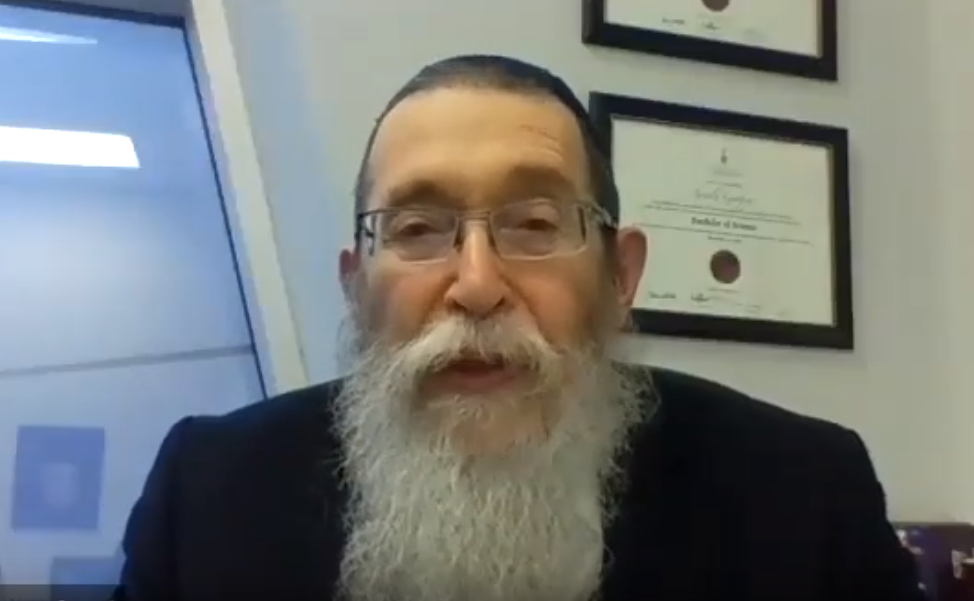 All parents face a variety of challenges in raising their children. But the plight of parents whose children are diagnosed with ADHD is uniquely trying.
All parents face a variety of challenges in raising their children. But the plight of parents whose children are diagnosed with ADHD is uniquely trying.
Nothing lifts a parent’s heart higher than seeing their children succeed in even the simplest tasks, like the first time they ride their bike. But, for parents with kids that have ADHD these moments can quickly be deflated with an outburst of frustration or anger from the child.
So it’s quite natural for parents in this situation to do everything they can to create environments to help their children learn and participate in ways that are sensitive to their ADHD symptoms.
Parents often spend thousands of dollars each year on private schooling and/or tutoring tailored to their child’s learning styles. They look for extracurricular activities that keep children engaged and offer outlets for their ‘extra energy’ with the belief that busyness is the solution to their overactive child.
Why Being Too Busy May Not Be Too Effective
There’s no denying the benefit of giving children a variety of challenges and motivations according to their abilities and talents. But, in the case of children with ADHD, that approach may not be the most effective way to address the core issues they have.
The challenge with kids that have ADHD is not that they need to be kept busy. It’s not a matter of just getting that energy out of them. Rather, they need to learn and develop the skills that allow one to concentrate and stay on task.
With this in mind, it’s possible that parents who “over program” their kids could actually be making the problem worse. At the very least they are only addressing symptoms of ADHD and never getting down to the core issue.
Treat the Root Causes of ADHD, Not Just the Symptoms
We now understand that ADHD is rooted in the brain. There are 86 billion nerve cells in the human brain, and 100 trillion connections between them. Kids with ADHD have a challenge with some of these connections. The connections that help them with concentration, focus, self-regulation and many others may be too weak to allow them to function like the other kids in their grade.
Until relatively recently, scientists believed the number of nerve cells and connections in the brain to be finite. Based on that assumption, it was thought that you could only lose brain cells, and not develop new ones.
But more recent research has revealed the brain’s ability to grow and even ‘rewire’ itself at any age. Known as neuroplasticity, this ability opens up the possibility of training the brain to strengthen and build new nerve cells and connections, much like how you can build new muscles with weight training.
Neuroscientists have also recently linked a smaller, less active frontal cortex and weaker connectivity between the frontal cortex and other parts of the brain, with ADHD symptoms in children.
Armed with these new discoveries and a deeper understanding of the root causes of ADHD, researchers and therapists have developed methods of harnessing the capacity to grow and develop stronger brain connections in children with ADHD. The result is a significant improvement in the child’s ability to focus, think, learn and remember, and a significant reduction in the symptoms of hyperactivity, impulsiveness and lack of focus.
The Maxi Mind Brain Training System™ is a natural, drug-free solution that applies the science of neuroplasticity, the brain’s remarkable ability to rewire itself, to effectively address the root causes of ADHD. It uses an activity-based approach to strengthen connections in the brain and re-balance the brain’s energy with music, movement and technology, all under the guidance of a trained and qualified personal coach for each child.






